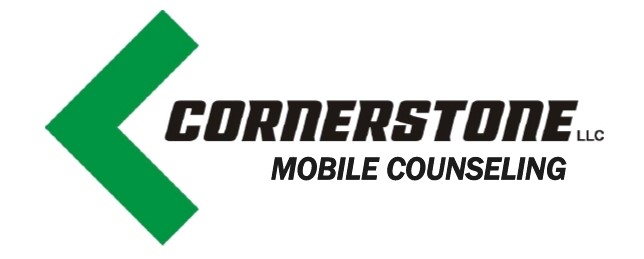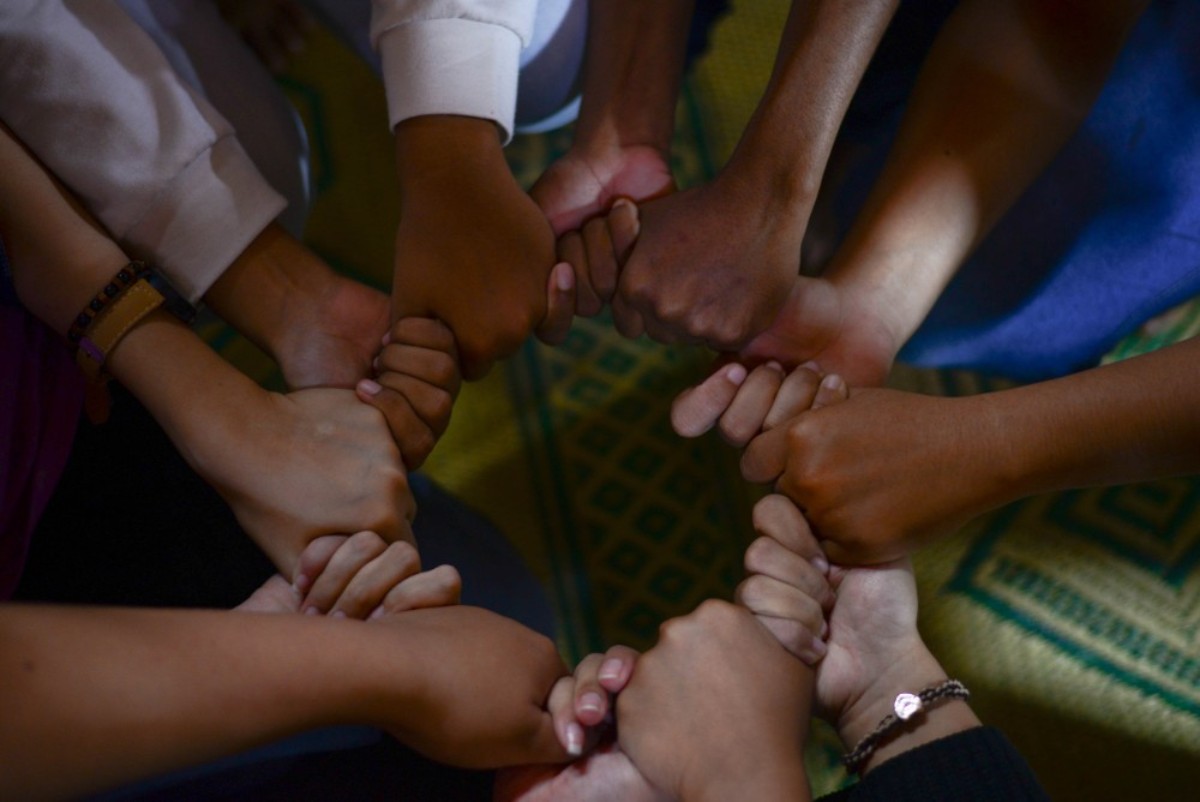Historical Condemnation of Blackness: From Vilification to Restoration
For full report with references, download the PDF here: Historical Condemnation of Blackness – From Vilification to Restoration
Executive Summary
The idea of Black criminality is based on 400 years of oppression and is central to the making of modern urban America. While systemic racism may be at the core of contemporary police brutality, other aspects such as economic class inequality, ideological and political polarization, and the nature of policing may also play a critical role in police encounters with African American individuals and their communities. Heavily publicized incidents of police violence against people of color, coupled with a lack of reliable data, transparency, and accountability promotes the idea that police use of force in Black communities goes unchecked. While there have been higher-rank police officials eager to create reliable databases on current practices and implement just policies, social conformity norms reinforced by the law and organizational practices pose significant challenges.
To this end, it is vital to address past grievances and harms done by law enforcement so that new policies and practices can be successfully implemented. Research has also shown that systemic racism, coupled with poverty and lack of access to mental health services, is a recipe to increase conflicts between police and communities of color. Recently proposed solutions to police brutality have involved prioritizing the use of ‘co-respondent services’ such dispatching social workers to non-violent calls involving mental health issues alongside police.
Cornerstone Herkimer, a mobile counseling organization in Upstate New York, has been working on breaking down the barriers to access to mental health services that low-income communities face. While offering ample access to mental health and coordination of services to families and individuals, Cornerstone also understands the role that internalized oppression may play on mental health symptomatology. Therefore, as Cornerstone expands its services, the organization proposes to be a catalyst for change by facilitating and fostering trust between communities and law enforcement by offering ample access to mental health.
At the macro and mezzo levels of work, Cornerstone can facilitate change in community-police reconciliation by:
1) Connecting with law enforcement and municipal leaders across New York
State; and
2) assessing their unique needs regarding community-police relationships and trust.
After careful assessment, Cornerstone leadership and consultants propose to create and facilitate the implementation of a reconciliation plan to reset the nature of police-community relations.
At the micro-level of interventions, Cornerstone Mobile Counseling acts as a catalyst of change by:
1) Mitigating the problem of access to affordable mental health care that minorities,
especially people of color face.
2) Offering access to preventive mental health services and, consequently,contributing to decrease mental health-related police calls.
3) Working in a partnership with police departments to dispatch clinicians alongside police officers.
By clinically addressing a crisis as a manifestation of ongoing symptoms rather than an isolated incident, clinicians can help contextualize someone’s behavior, help police de-escalate the situation, help the individual in crisis to return to pre-crisis functionality, and develop a post-crisis treatment plan.
Primary Author: Adriana Kaye, LMSW, Doctoral Candidate
Assistant Development: Erin Rosen
If you’re interested in Cornerstone Mobile Counseling implementing change in your community, please email outreach@cornerstoneherkimer.org to see how we can work with you.


